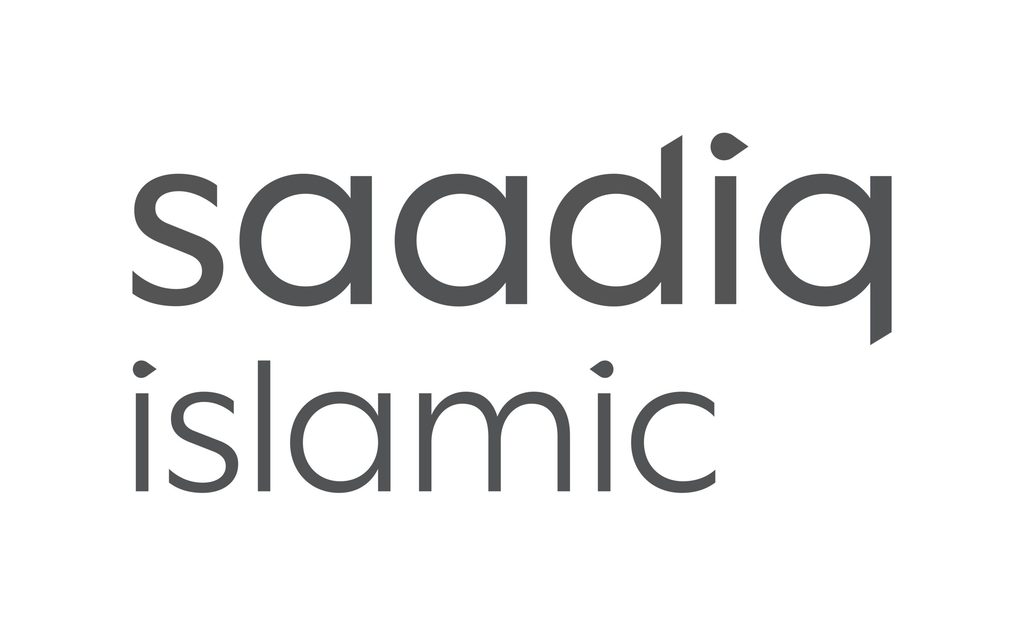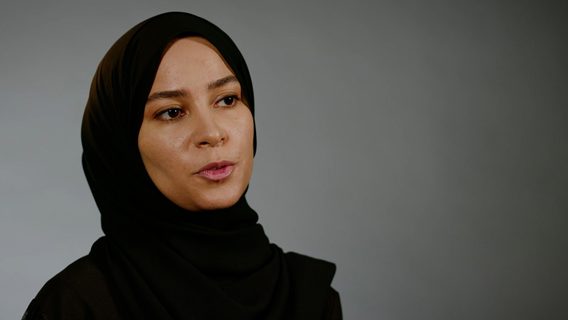-
SpotlightIslamic finance:
Banking on growthSeptember 2025
Like a modern Middle Eastern city, home to vibrant, lively souks and a skyline dominated by gleaming high-rise towers, Islamic finance is, today, a blend of the traditional and the contemporary.
At the heart of Islamic finance, alongside the rejection of investments in anything considered haram – such as alcohol, tobacco, and gambling – is the exclusion of riba (or interest, in conventional banking terms), which is considered unjust.
Instead, alternatives are widely used. Murabaha is a type of transaction where a financier sells an asset to a customer at a fixed price, disclosing the principal and the agreed profit, instead of charging interest. There is also Sukuk, which is similar to a bond, Ijarah, a Shariah-compliant form of leasing, and Mudarabah, a profit and loss sharing agreement.
Today, the Islamic finance sector is worth an estimated USD5.5 trillion globally, with its value expected to reach USD7.5 trillion by 2028. While some of the founding principles are as old as the religion itself, it’s the innovative and ethically-focused nature of Islamic finance that is winning clients outside of the faith.
That’s helping to move the sector from the periphery of the finance industry into the mainstream, propelling Islamic finance to new highs.
From sustainable Sukuk to a focus on digital assets, learn more about these innovations below.
Growing demand
Optimism in the sector is buoyed by interest from governments and central banks. Pakistan, for example, home to over 250 million people and with an economy worth more than USD300 billion, will require many financial services to be Shariah-compliant and aligned with the principles of Islamic finance by 2027.
“We are seeing increased activity from clients across the board – including sovereigns, financial institutions and corporates” says Ahsan Ali, our Head of Islamic Corporate & Investment Banking. “These aren’t just faith-driven investors or issuers. They’re responding to real demand for Sukuk and other types of Shariah-compliant instruments.”
60 billion
(USD)
The value of assets invested in Shariah-compliant mutual funds and exchange trade funds in 2023.
Alongside the interest of governments and institutional investors, Islamic finance has attracted the attention of affluent individual investors. The value of assets invested in Shariah-compliant mutual funds and exchange trade funds reached USD60 billion in 2023, doubling over the previous decade.
Demand has traditionally been driven by faith-based investors in Malaysia, Indonesia, and Saudi Arabia, but a new generation are attracted to Islamic investment funds because of their ethical focus.
“Younger clients, particularly in their 30s and 40s, are asking more questions about how their money is being invested,” says Ayesha Abbas, our Head of Affluent and Wealth for EMEA, Pakistan and the UAE. “For many, it’s no longer just about returns – they’re asking where their money is going, and what kind of impact it’s having. That’s where Islamic finance can help,” she says.
What’s attracting younger investors to Islamic finance? Find out below.
Beyond belief
Many of these investors come from outside of the faith – part of a growing trend of interest in Islamic finance. A recent Gatehouse Bank survey of more than 2,000 UK residents revealed that 60 per cent of consumers believe Islamic finance is relevant to all religions, while 30 per cent of non-Muslims expressed interest in switching to Islamic finance.
“We’re seeing more and more non-Muslim clients drawn to Islamic finance for the transparency and values,” says Momin Jaffar, our Group Head, Private Banking, UAE. “When clients see that they can still achieve competitive, sometimes market-leading returns, and also get the benefits of a more transparent and ethically-focused form of finance, it becomes a no-brainer.”
Islamic finance providers have tapped into this demand by incorporating Environmental, Social, and Governance (ESG) principles into their products. In recent years, ESG-approved Sukuk and other sustainable Shariah-compliant banking products and services have become a feature of the Islamic finance product suite. The market for green Sukuk, for example, is now worth USD44 billion, up 23 per cent over the last year.
Jaffar adds: “It’s one of the most exciting trends because Islamic finance and sustainable finance are intertwined, they both work around ethical and responsible investments and go hand in hand.”
As well as its core principles, the Islamic finance industry is firmly focused on the future, embracing innovation in the products on offer and in their delivery.
What does this future look like? Read more below.
Digital assets, digital channels, digital means
“Islamic finance is operating in the same ecosystem as traditional banks and has to compete for the same share of wallet. It has to be innovative.” says Khurram Hilal, our CEO of Islamic Banking and Head, Group Islamic Product.
He adds: “Islamic financial institutions spend a tremendous amount of time on new products and new solutions that can be delivered in the most efficient way.”
Indeed, digital seems to be the watchword for Islamic finance, with the sector looking to leverage blockchain to become a player in digital assets.
Digital assets, channels and platforms are the next big thing.
Dr Alaa Alaabed
Director, Islamic FM Products
“Digital is the way forward; the wave of innovation is rising before our eyes,” says Dr Alaa Alaabed, a director in our Islamic FM products team. “Digital assets, digital channels and digital platforms are no longer the next big thing; they are here, forming and accelerating in front of us.”
The global Islamic fintech market, which includes digital assets, is forecast to grow to USD179 billion by 2026, up from USD79 billion in 2021, according to the Global Islamic Fintech Report 2022.
With a widening ethical product range and an emphasis on innovation, it’s hoped that Islamic finance can maintain its current rate of growth into the future.
Abbas says: “Islamic finance used to mostly attract those who are religiously inclined, but now people are coming not just because of faith, but because of the value it can add. That’s a milestone achievement.”
She concludes: “We’re only just beginning to scratch the surface of what Islamic finance can do, especially at scale. It’s an incredible opportunity.”
A global platform with deep roots

Our market-leading strength in Islamic finance lies in our range of products and services and our global reach – we’re active in more than 30 markets.
“We’re the only bank that can help connect clients globally and give them credible Shariah-compliant solutions,” says Khurram Hilal, our CEO of Islamic Banking and Head, Group Islamic Product.
In recent years we have led on several landmark deals, including acting as sole sustainability structurer on Al Rajhi Bank’s USD1 billion sustainable Sukuk.
We also play an active role in helping shape the sector’s future through our work with regulators and scholars. “We closely collaborate with industry and regulatory bodies to help define industry standards”, says Ahsan Ali, our Head of Islamic Corporate & Investment Banking.
Dive deeper
Learn more about the future of Islamic banking.

Beyond the faith
How is Islamic finance attracting the interest of clients outside of the faith?

The heart of Islamic finance
How do scholars and global committees vet Shariah-compliant products?
Islamic banking solutions
Our Saadiq Islamic banking services are both innovative and fully Shariah-compliant.
